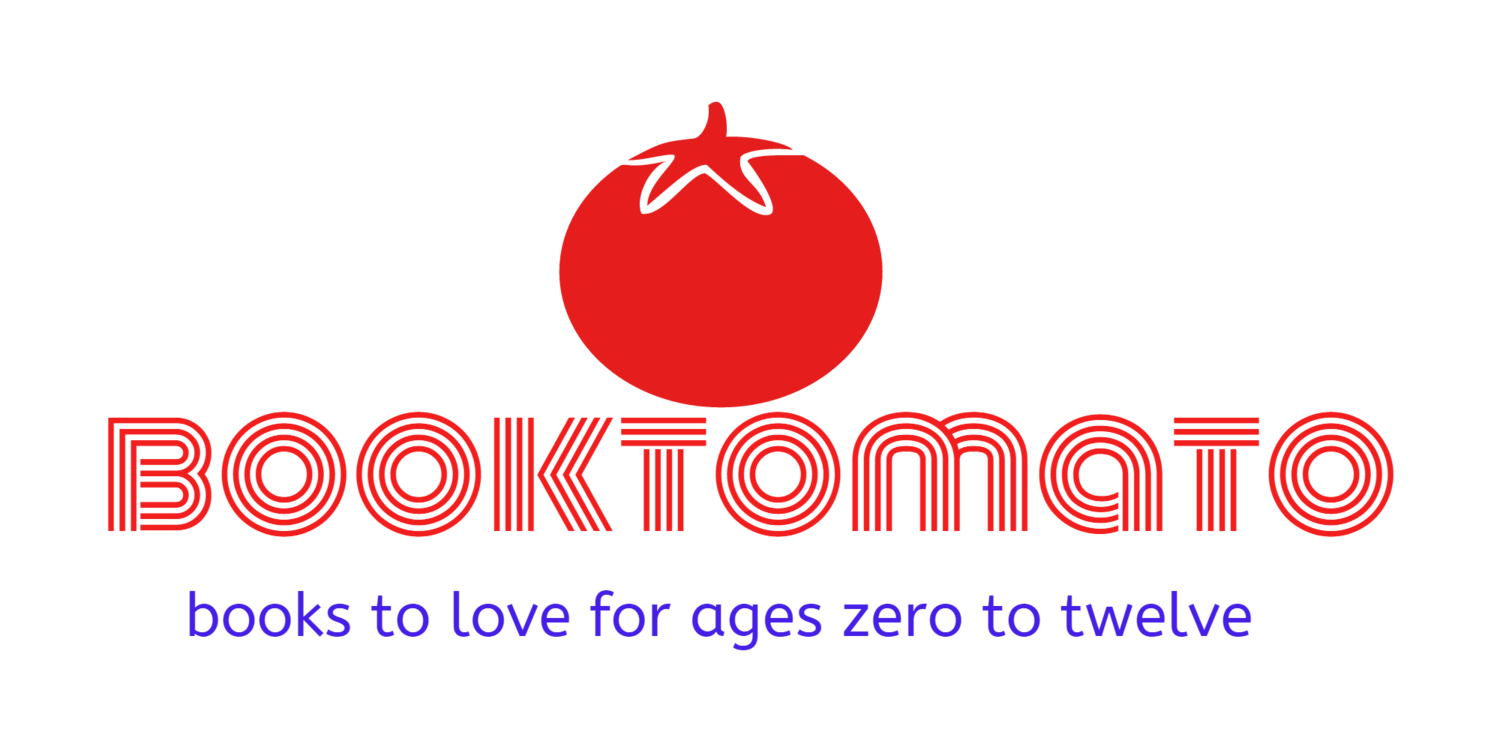Are you like me? Do you have a hard time letting your kids fail? Let me tell you what I mean.
When my fourth grader was younger, like in preschool, I never felt anxiety about letting him fail because the failures were so small. Giving him a regular drinking glass instead of a spill-proof sippy cup meant that he spilled his juice more often but he learned how to not spill faster because of it.
Natural consequences became the lessons that his failures taught him, and these lessons were much more effective than anything I could have done. But as he gets older, the natural consequences of his mistakes are much bigger than just getting the a kitchen rag to mop up the spilled juice. Like the other moring when he walked out of the house without his school bag and didn't realize it until we were already in the drop off line at his school. I could have/should have let him fail. I could have/should have said, "Oh, well. You forgot your school bag, and now the natural consequence is that you don't have your work. Your teachers will not be happy with you." Instead, I raced home, got the bag, and drove all the way back to bring it to him. It felt good. I was able to make my kid happy. I justified it by telling myself things like "He's still just a kid", "If he makes bad grades today, it will make us both look bad", and "His teachers will think I'm a bad mom if I don't do this". I had a nagging little thought in the back of my brain though, and it said, You've got to be okay with failure. Failing at something makes us stronger, smarter, and gives us that growth mindset that so many teachers and researchers are now saying is way more valuable in a student than smarts. I want to get better at this, and to start, I'm going to read 11 Experiments That Failed by Jenny Offill and Nancy Carpenter.
In this picture book, you will not find famous scientists or explorers conducting epic experiments. 11 Experiments that Failed is about everyday kids activating their curiosity to explore their world. I love that about this book. It shows kids that we are all scientists who can test a hypothesis. The experiments include: can a person survive eating only ketchup and snow? (spoiler: no they can't), can I send a message in a bottle to the ocean by flushing it down my toilet?, and will a slice of bologna fly like a Frisbee? Like the title says, each experiment failed. You can't survive on ketchup, that message in the bottle will only clog your loo, and bologna will just splat on the floor when thrown. I love the way each experiment is approached with wild abandon and a spirit that shakes off the fear of being wrong. I also love that the parents of these young scientists didn't stop them from failure. Obviously, the mom and dad knew people can't survive on ketchup, but instead of lecturing their kid about nutrition, they just stepped back and let them find out for themselves. I really need to start doing that!
What do you think? Should we be there to solve our kids' problems, or should we give them the space to figure it out on their own?



